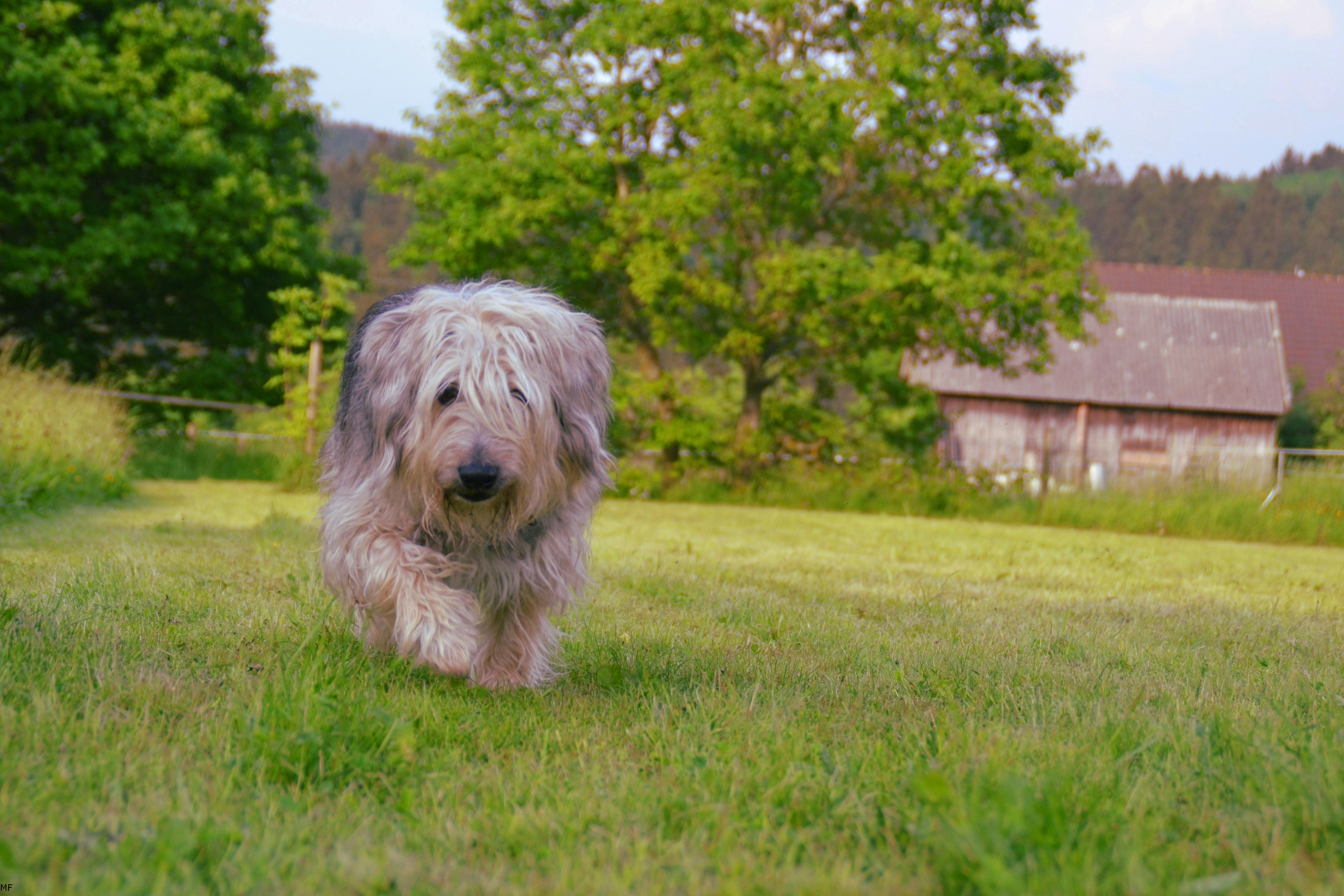
Turkey Behavior: Simple Tips To Understand Their Behaviors When Raising Turkeys
Some children want a dog or cat to be their playmate every day. But some consider rare animals to be their pets. Many of you may find it unusual to have a pet turkey. But FYI, turkeys have been kept as pets for decades now. In fact, Abraham Lincoln’s son had a turkey as the White House’s first turkey mascot because of his turkey social behavior.
Farm Sanctuary, one of the animal welfare groups, proved that turkeys are intelligent and highly social animals. They can be compared to dogs when it comes to companionship and reliability. Former US President George W. Bush once noted in his 2001 Thanksgiving national keynote address that keeping turkeys as pets is an old and still existing tradition of the generation and recommended continuing it.
There are two types of turkeys based on their breed and behavior of the turkey. One is the wild turkey and the other is the domestic turkey. Domestic turkeys are those that are born and live on a commercial poultry farm where they are only destined for Thanksgiving dinner. They are fed with pellets and other commercialized artificial feed. Domestic turkeys do not have the ability to fly as they are only kept in cages and given food and warmth every day without letting them exercise their wings. They are not known for any intelligence capabilities, unlike wild turkeys.
Don’t be afraid to keep wild turkeys as pets because of their name. It is because of their turkey-like behavior that some consider them pets. They are called wild turkeys because they are born in the wild and live naturally with no restrictions on what they eat and do. They can fly as they are born free. Some believe that they are more intelligent than domestic animals, which is why many prefer them as pets.
It is also best if you will keep a male and a female turkey to keep your turkeys happy and lively. The usual turkey behavior of a wild male turkey is loud cackling and clucking. They are also gobbling and fluffing their feathers when they want to mate with a female guan. They will spread their wings as they gobble tremendously for the female to notice. You will also notice that they will run from one side to another. It is an additional attraction strategy to get the female. These are common indications that the hen or hen is ready to mate. Then you will identify who is the dominant tom and who is not. Usually, the dominant male turkey will be the first to mate, while the others will simply attempt to mate when the dominant male is not around or looking.